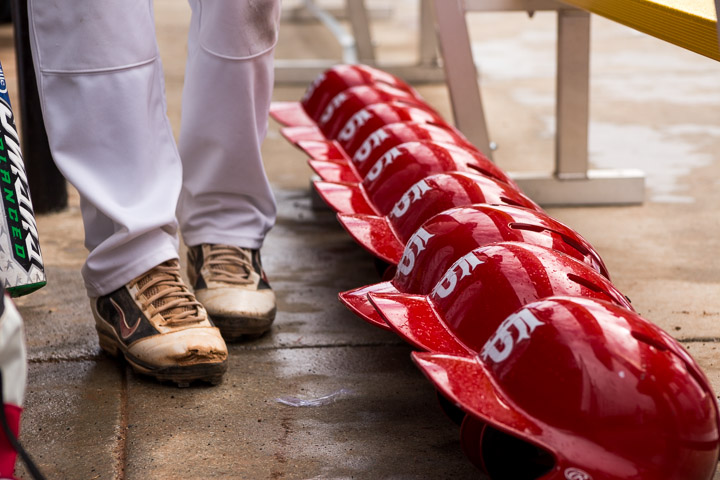Diamond sports need support at roots

By Dan Harrington/The Guardsman
In the spectrum of activities that strengthen a person and build the fabric of society, there are few that do so as well as baseball in the history of America. The same virtues also apply to the game of softball.
Some of San Francisco’s brightest moments and acclaimed personas have come to us via the diamond.
People of any size, shape or speed can participate, gain experience and excel in baseball and softball, and City College’s reputation for developing players and loving the game was exceptional.
But it’s been a disappointing ride for the diamond sports for many years locally, especially for anyone growing up in the city parks and public schools.
A tour of The City’s ballfields will help us gain perspective. We’ll start with a look at the only Division I NCAA competitor in San Francisco.
The University of San Francisco has been a top-notch member of West Coast Conference baseball. Sadly, the USF athletic department does not field a softball team.
Great coaches and staff, with a commitment to share the highest level of college baseball, work feverishly to make baseball a good experience for the Dons’ student-athletes and fans.
They need to work feverishly, too, as their park at Golden Gate and Masonic Avenues is a block away from one that closed down a century ago because it was so cold and foggy there.
You can even shop for cold weather Dons gear on their website nowadays.
Ready for any weather, dressing in layers, the mentors keep the players moving from drill to drill with planned precision. There is no idle time or chance to get cold or goof off.
It’s fun because top players want to learn more, want to be the best and maybe, want to get signed. Many USF players have gone pro.
At that level of college ball, the recruiters have to look for a family with money, as well as a high school player with star potential.
Many Dons have played on travel teams since they were in elementary school, with family support that gets them instruction, innings and travel and lodging, too.
If a family has some savings and can pay half or all of a player’s tuition, that can be the difference between good and great seasons, and maybe a trip to the College World Series in Omaha.
A look at this year’s USF roster shows two San Franciscans, both freshmen, neither of whom attended a public high school. One is head coach Nino Giarratano’s son, Nico, one of the hardest working ballplayers I’ve ever met. The younger Giarratano fielded flies and grounders from his dad after every USF game while in grammar school.
How do we work the public school lottery to go there? We certainly don’t take the bus.
What we’ve got here is this: You must work hard. And now, unlike the San Francisco of lore, you must have the resources (i.e., money) to get the experience to let your talent take you to the highest point.
There have been San Francisco public school graduates who have played well for USF.
McAteer- Lincoln hybrid Daniel Morales played first base, designated hitter and catcher for the Dons.
Balboa’s Khamis Zananiri made his way to a USF third base platoon and game-winning at-bats, via duties serving fans at the Don’s snack shack, and a lot of perseverance at practice.
But the old school “local boys making good” stories have been rare.
It’s not up to USF to fix society’s inequalities. They would love more Division I-capable local candidates from Bay Area urban schools.
They work with other local programs to instruct players and coaches willing to improve on baseball fundamentals and strategies to solidify the hometown base for success.
The question is how can we reinvigorate the local baseball and softball scenes to enable any young person who aspires to play at the highest levels a legitimate shot?
Figuring out how to ensure proper practice planning, time, field conditions and an abundance of innings to create the symbiosis for multiple success stories and a base minimum of quality is the first issue.
Basically, can’t it work for the locals, and can’t it work at levels beside “D-One” USF?
Storied USF baseball head coach Dante Benedetti had emblazoned for all to see in his dugout at the field that would be named for him, and later at his restaurant, “The strong man works on his weaknesses.”
Are we acknowledging the weaknesses to meet our basic needs in baseball and softball, or are we ignoring them?
Our City tour will be continue next issue.

Comments are closed.